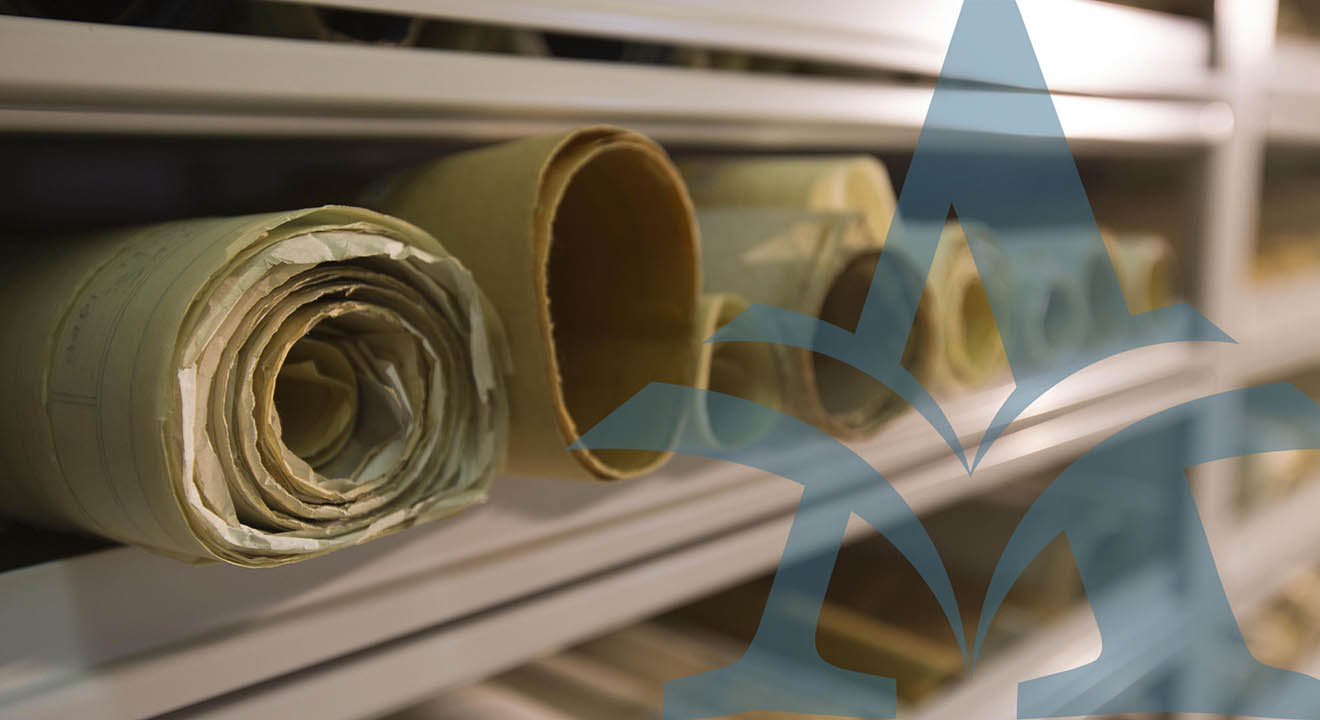
The reproduction of archival and library (i.e. published and ‘near-print’) materials held by the Nova Scotia Archives, and the subsequent use of such copies, may be subject to the copyright law of Canada or of other countries, or to binding agreements with donors of material.
Single copies are provided for purposes of research or private study only, unless otherwise discussed with and documented by Archives staff. Entire works or bodies of records may not be copied. Donor agreements may also determine what and how much may be copied.
Copies are provided under the ‘fair dealing’ provision of the Copyright Act, i.e. 10% - 15% of a book or one entire chapter may be copied for purposes of research or private study only, unless otherwise discussed with and documented by Archives staff.
Use of copied material for purposes other than research or private study may require authorization from the copyright owner or donor of the work in question, or from the Archives. Responsibility regarding questions of copyright and ownership of intellectual property that may arise in the use of copies is assumed by the recipient of the copies. Please consult with staff if you have questions regarding copying and use. Fee schedules for copying services are available onsite and online.
Paper and digital copies of archival, published and near-print materials held by the Nova Scotia Archives (including copies made from microfilm and microfiche) are provided to you for limited, non-exclusive, non-transferable use, for the purposes of research or private study. The copying, redistribution, use or publication by you of any such copies of material not yet in the public domain, except as authorized in writing by the Archives, the copyright holder, or the donor, is strictly prohibited.
Commercial use or publication of copies obtained from the Nova Scotia Archives requires consultation with staff to determine copyright and ownership issues, and may require the payment of fees. 'Commercial use' and 'publication' means using copied items in products such as, but not limited to, books, textbooks, magazines or periodicals, websites, film or television productions, exhibitions, displays or advertising. See Copying Services and Fees available on this website.
Photocopies are made available for purposes of research or private study only.
No public photocopying machines are available; most original material is unique and often fragile. Order forms and fee schedules are available at the Retrieval Desk. Orders cannot be processed immediately. They are batched, reviewed by staff for copyright compliance, donor restrictions and conservation issues, and then processed in priority order. Orders are normally filled within 5 business days; large orders require longer. Completed orders may be picked up at the Lobby Reception Desk, or can be mailed out.
Digital scans are made available for purposes of research or private study only.
Scans of original archival material may be ordered in consultation with Archives staff. Order forms and fee schedules are available at the Retrieval Desk. Orders cannot be processed immediately. They are batched, reviewed by staff for copyright compliance, donor restrictions and conservation issues, and then processed in priority order. Orders are normally filled within 5 business days; large or complex orders require longer. Scans are normally provided as 300 dpi TIFF images. They are delivered electronically, or on disc for pick-up or mail-out.
Paper and digital copies produced from microfilm and microfiche are made available for purposes of research or private study only. Entire works or bodies of records may not be copied.
Researchers can produce paper or digital copies from the Archives’ microfilm and microfiche holdings, using digital reader-scanners located in the Microfilm Reading Room. Paper copies, either 8.5 x 11 or 11 x 17, are produced on a network printer (fees charged per sheet of paper used). Digital copies are produced as 300 dpi PDF images, and may be saved (no charge) to a USB flash drive (supplied by the researcher).
Making copies from microfilm and microfiche holdings, and subsequently using such copies, may be subject to the copyright law of Canada or other countries, and to donor agreements. Microfilm boxes and microfiche sleeves are prominently marked to indicate significant restrictions; approval from Archives staff or prior written approval from the copyright owner or donor may be required before copies can be made and used. Microfilm loaned temporarily to the Archives from other institutions for research purposes may be subject to similar conditions. Please consult with staff if you have questions.
Copies of film, video and sound recordings may be ordered in consultation with staff. Due to technical constraints, as well as copyright and ownership issues, not all sound and moving- image material can be copied.
The use of digital cameras in working with archival material is permitted on a limited basis, in consultation with staff. Entire works or bodies of records may not be copied. Researchers will be required to sign a ‘Copyright and General Use Compliance Form.’ Use of flash equipment is not permitted. Videotape recorders, camcorders and similar recording devices are not normally permitted and never without prior arrangement.
Images on the Nova Scotia Archives website are available for research or private study by saving or printing (72 dpi resolution) from the website. See Publication and Use of Copies information is available online. For higher resolution copies, see #2 above.
Copyright Act (R.S.C., 1985, c. C-42; last amended 2023-04-27) Government of Canada
banner image: Len Wagg - Wagg-6926 Nova Scotia Archives by Len Wagg
Nova Scotia Archives — https://archives.novascotia.ca/copying-use-protocols/
Crown copyright © 2024, Province of Nova Scotia.